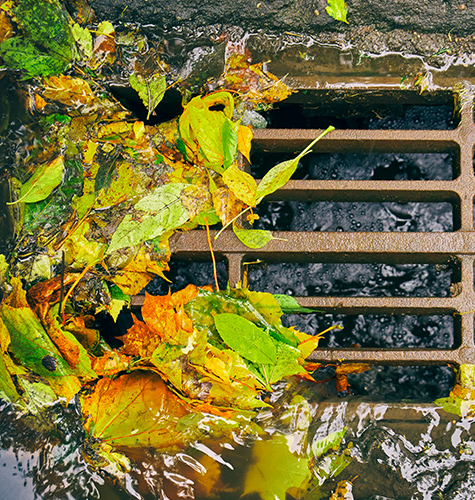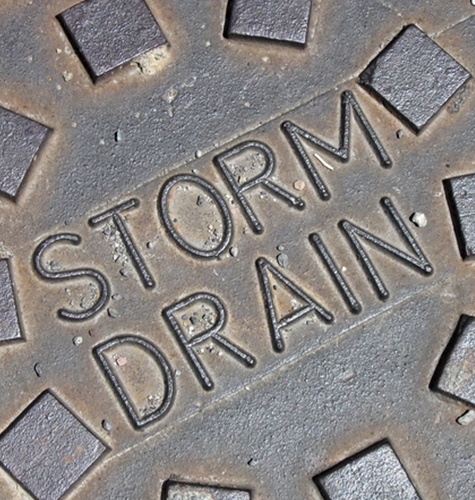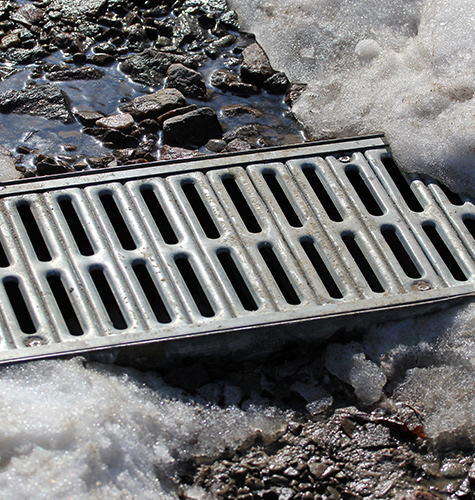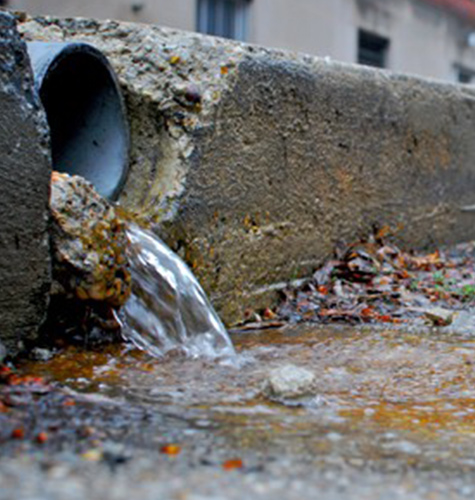View our most recent fact sheet: How Municipalities are Implementing Their PRPs!
Stormwater runoff from rainwater or melting snow transports pollutants into the stormwater system and ultimately into our local streams. Roads, parking lots, driveways, and rooftops prevent water from soaking into the ground. Instead, a large amount of stormwater goes directly into our streams. Because this stormwater runoff is not cleaned or filtered, many of our streams are polluted.
Stormwater can pick up sediment and harmful nutrients such as phosphorus and nitrogen, which in high levels can have toxic effects on animal, plant, and human life. Planting warm-season grasses and other native plants can help to filter these pollutants out before going into our streams.
Pennsylvania’s MS4 Program was developed to help reduce the negative effects of stormwater pollution. Together, we can all do more to improve local water quality.
Municipalities are implementing their PRPs and finding ways to install projects in the most cost-effective way possible by:
• Using public works staff to install their own BMPs
• Implementing stormwater fees
• Taking advantage of funding sources to secure money and construct stormwater projects to achieve required sediment reductions.
Feel free to use the fact sheet and any other materials on this page in any communication or educational outreach to local residents and business owners.
You cannot protect the environment unless you empower people, you inform them, and you help them understand that these resources are their own, that they must protect them.
~Professor Wangari Maathai
If you have other ideas you’d like to see us address in our MS4 educational tools, please contact us!




